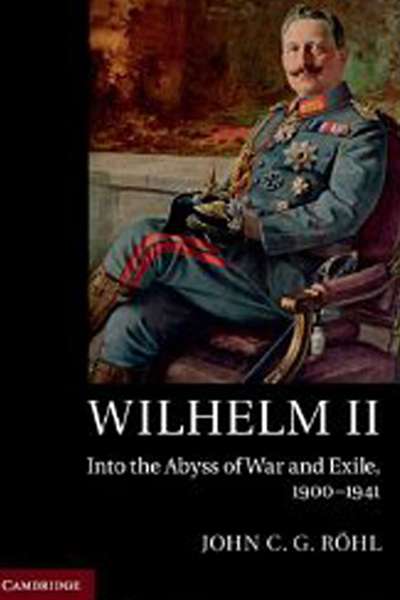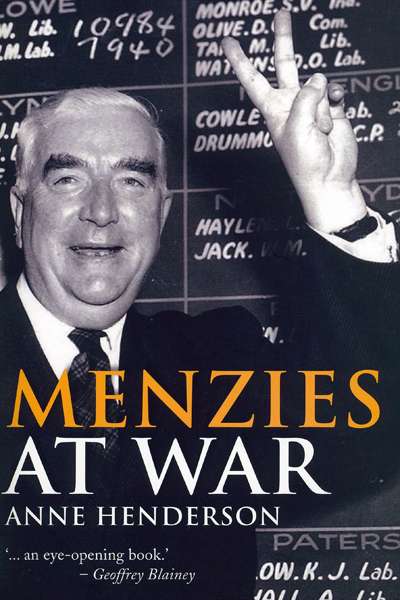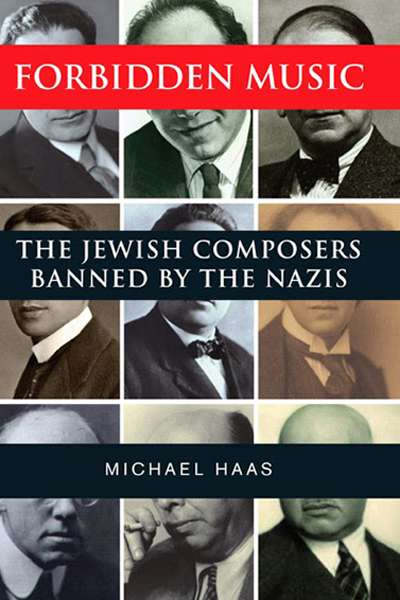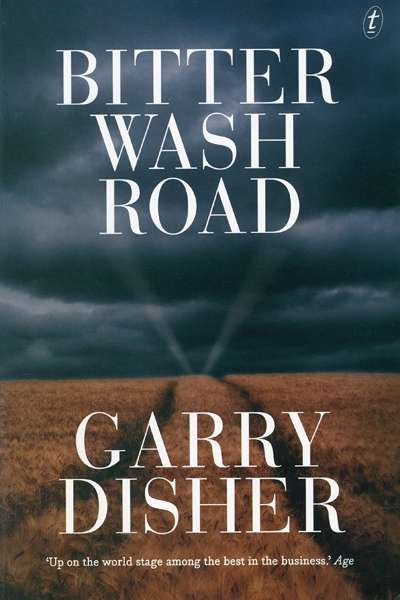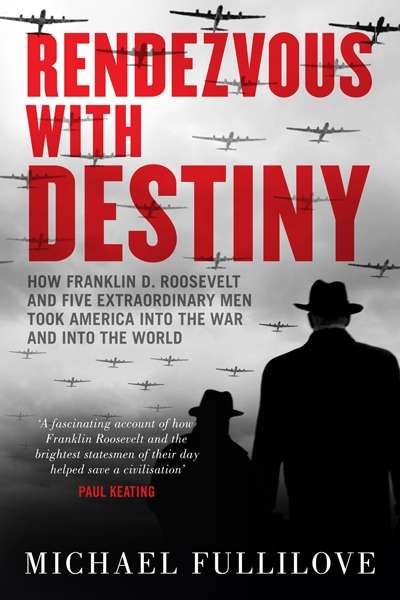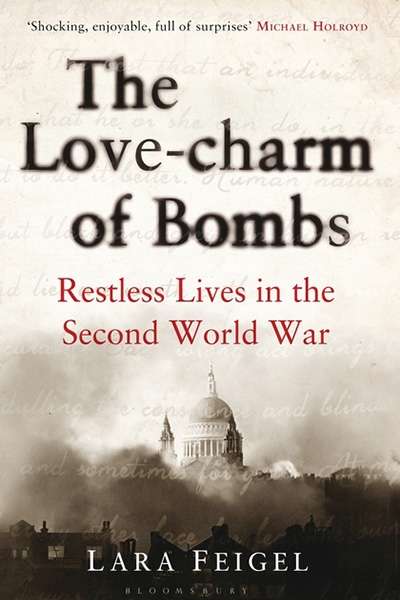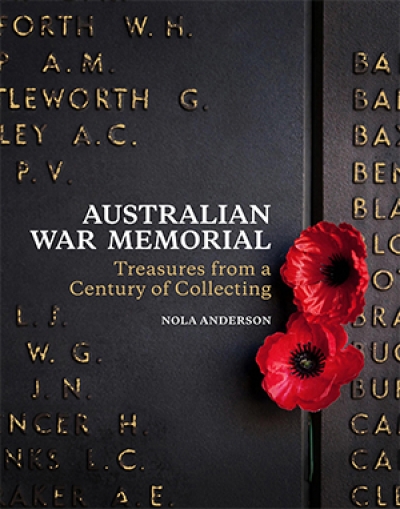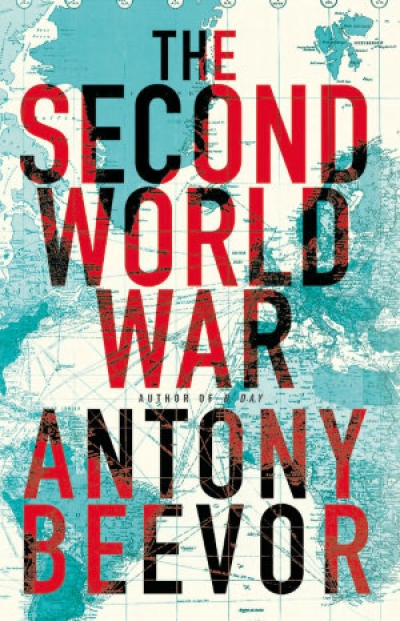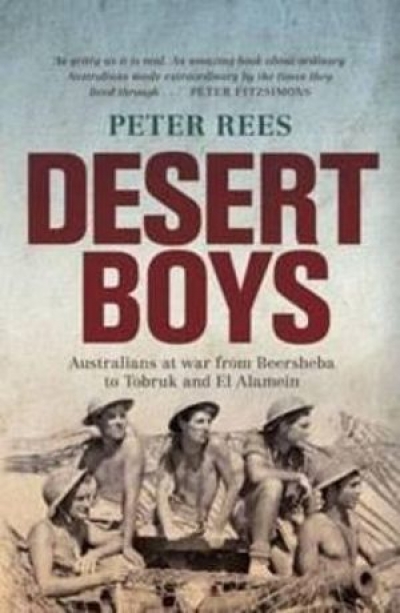World War II
Wilhelm II: Into the abyss of war and exile, 1900–1941 by John C.G. Rohl
by Miriam Cosic •
Forbidden Music by Michael Haas & Hollywood and Hitler by Thomas Doherty
by Michael Morley •
The Roar of the Lion: The Untold Story of Churchill’s World War II Speeches by Richard Toye
by Robin Prior •
Rendezvous with Destiny: How Franklin D. Roosevelt and Five Extraordinary Men took America into the War and into the World by Michael Fullilove
by Dennis Altman •
The Love-charm of Bombs: Restless Lives in the Second World War by Lara Feigel
by Jane Sullivan •
Australian War Memorial: Treasures from a Century of Collecting by Nola Anderson
by Geoffrey Blainey •

